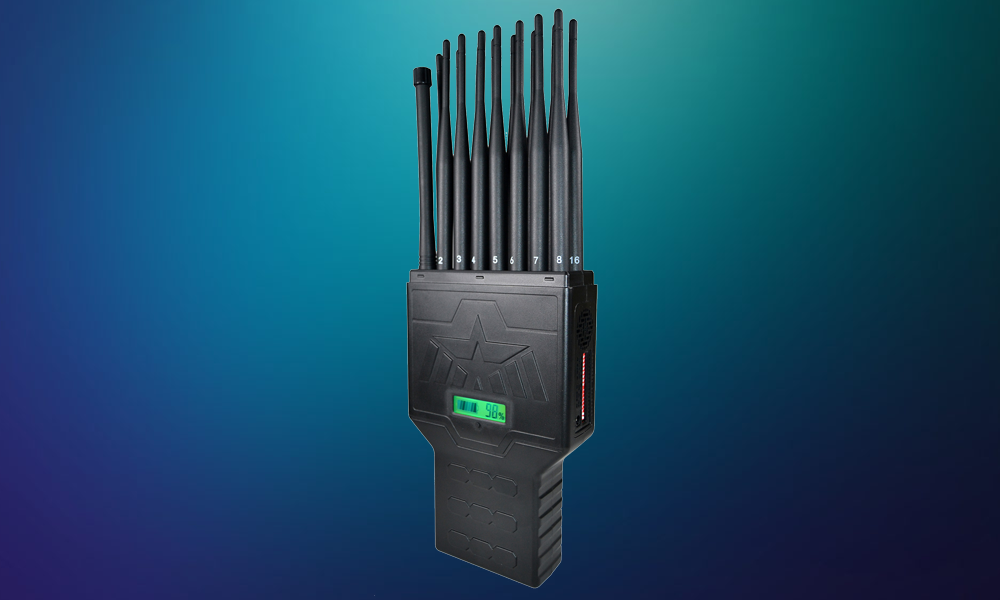How to Find a Cell Phone Jammer

Whether you’re looking for an effective way to silence a ringing cell phone or GPS signal, you’ll find tips in this article. From legal considerations to how to find a cell phone jammer, these guides will provide you with the information you need to make an informed decision. Read on to discover how to find a cell phone jammer. In the meantime, you can stop being interrupted by annoying cellular signals and enjoy peace and quiet without any distractions.
Detecting a cell phone jammer
The first step to detecting a cell phone jammer is to locate it. Generally, jammers will interfere with phone signals within a few hundred meters of the jammer. They are low-power devices, but if you’re sure, you can report the jammer to your carrier. But what if a jammer is not so obvious? Here are some ways to detect a cell phone jammer.
In the case of cell phones, measuring J/N (dB) is straightforward and accurate. But it is not always possible to do this. For example, a jammer may be hidden in a vehicle, and its location can be determined by plotting the J/N values of nearby cell phones. This method is also effective for locating a jammer in a small area. The number of observed phones can also help in locating the jammer.
Another way to detect a cell phone jammer is to use a cell phone monitoring service. It helps you see if someone is trying to intercept your calls or text messages. If you aren’t sure, you can use a mobile phone monitoring service that reports such information to the government. This can limit the initial traffic surge and allow you to detect the source of the problem. You can also find out more about a cell phone jammer’s location by inspecting its IMEI or page group.
Detecting a GPS jammer
Detecting a GPS jammer in a cell phone is a relatively straightforward problem. The J/N (decibels) value is plotted as a function of relative location, and the higher the J/N value, the closer the phone is to the jammer. A group of phones can be aggregated and used to estimate the exact location of a jammer. Some phones may even report the type of jammer they are experiencing.
One of the main uses of GPS signal jammers is blocking location tracking services. These jammers come in a variety of sizes and styles. You can buy standalone GPS jammers as small as your finger. However, it’s best not to buy a jammer that covers your entire vehicle. You can also purchase an Internet jammer, which works by blocking Bluetooth signals and Internet-like devices. While you shouldn’t keep these devices in your vehicle, they can cause considerable damage to communication.
Detecting a GPS jammer in a cell phone requires that you know the precise location of the device in question. You can find this out by inspecting the phone and noting any unusual location. If the GPS jammer is detected, the cell phone will stop transmitting and receiving the information it’s designed to transmit. In many cases, a GPS jammer will emit noise that is louder than GPS signals.
Legality of a cell phone jammer
Although jamming communications is a common and useful way to block cellular networks, it is illegal in some countries. Using a cell phone jammer is an example of interference, and it disrupts 911 calls and air-traffic control, among other uses. As a result, some countries have banned their use. These countries may restrict their use, but the ban doesn’t necessarily apply to the rest of the world.
Though the FCC has banned cell phone jammers and similar devices, there are still some people who believe that it is legal. The fact is that jammers can interfere with 911 calls, and they can even block a neighbor’s 911 call. Despite these issues, the FCC is clear that using a cell phone jammer is illegal, and it’s against the law to advertise it or ship it within the home.
The FCC has appointed field agents to investigate violations. Those investigating the legality of cell phone jammers should have an officer who is trained to interface with investigators. Additionally, organizations can hire outside counsel to guide them through the audit. The fines can be steep. A $32,000 fine imposed on a New Jersey man who illegally jammed GPS signals on his company vehicles cost nearly $30,000.








